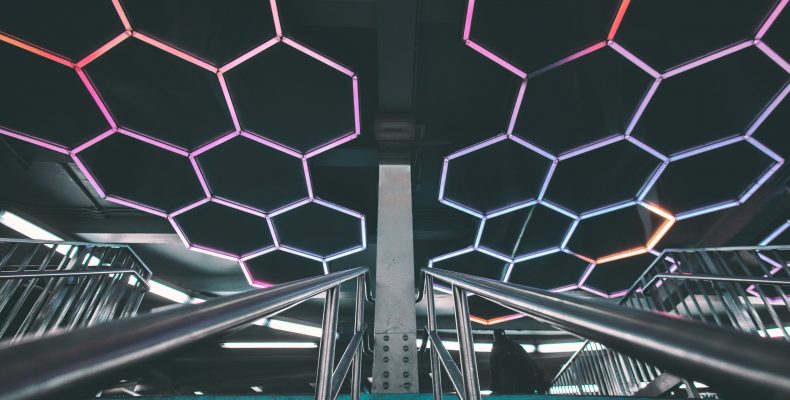The Advanced Fibre Cluster Geelong has been awarded a Defence Science Institute (DSI) Smart Ideas Grant to help develop Artificial Intelligence (A.I.) solutions for composite materials integrity testing – in collaboration with global leader in carbon fibre wheels, Carbon Revolution, and Deakin University’s world-class researchers.
The DSI Smart Ideas Grant is awarded to SMEs with innovative defence research ideas, who seek university and inter-industry collaboration to further their R&D. Designed to alleviate the financial obstacles that businesses can face when entering defence research, for AFCG the DSI grant will support feasibility research towards the goal of solving manufacturing process challenges for composites manufacturers.
Led by cutting edge A.I. researchers at Deakin University’s Applied Artificial Intelligence Institute (A²I²), and supported by experts from Carbon Nexus, the project will look at how recent advances in machine learning can make step changes to current approaches in quality assurance testing of composite components and structures.
The research aligns with the DSI’s endeavour to encourage and facilitate innovative collaborations that will deliver enhanced national security.
DSI’s Craig Butler said:
“Advances in manufacturing techniques and the use of new materials are very relevant for Defence across a range of areas. This is an important study and we are pleased to support the AFCG and their research and industry partners in helping to develop sovereign capabilities to better understand the behaviour and performance of these materials for Australian Defence applications.”
Carbon Revolution’s head of Engineering and Design, Dr Ashley Denmead, said:
“Innovation and improvement are at the heart of our business of supplying the highest performing wheels to some of the most prestigious automotive manufacturers in the world. The rigor of aerospace processes is a critical part of what we do. This new research is part of our continuous quest to remain the global leaders in our sector.”
A2I2 Head of Translational Research & Development, Professor Rajesh Vasa, said:
“Translating recent advances in artificial intelligence to solve real-world problems is a core mission of our institute. Application of research advances helps the communities we are part of and informs the focus of future fundamental research. This new multi-disciplinary effort showcases the strength of Deakin University as a strong collaborative research partner.”
CEO of the Advanced Fibre Cluster, Jennifer Conley, said:
“The Deakin University researchers leading this project are testing the feasibility of emerging technologies that have huge potential for the composites industry. Advanced fibre composite materials have contributed to the development of aerospace, defence and mobility for more than 50 years – making more and more things possible in terms of design, durability, and light weighting – but challenges remain. The AFCG is extremely proud to be able to support their ground-breaking work.”
Currently, inspection to ensure integrity, composition, or condition of composite structures involves using either X-ray or ultrasonic scanning. X-ray based testing is expensive in terms of both capital and operational investment. Sound-based testing systems are relatively more portable and cost-effective but do not offer the scan resolution provided by the radiation testing.
The AFCG project with Deakin’s world-class A.I. and composite researchers and Carbon Revolution aims to investigate how machine learning can resolve these challenges, bringing significant value to defence and advancing Australia’s sovereign capabilities.
Carbon fibre is regarded as one of the lightest and strongest materials on Earth. Compared to a unit of steel, carbon fibre is up to ten times stronger, two times stiffer, and 66 per cent lighter.
